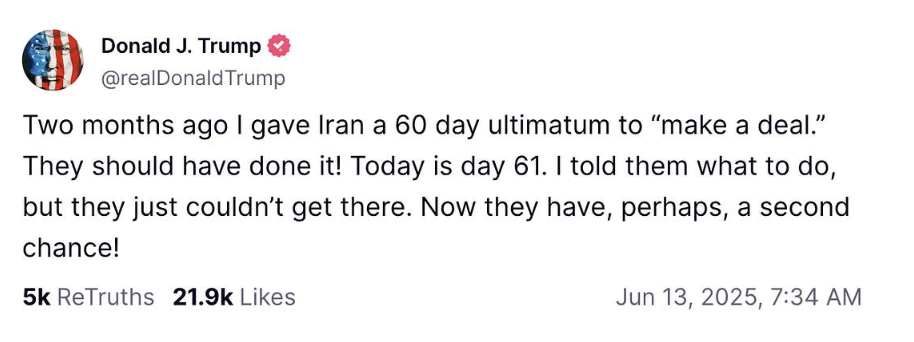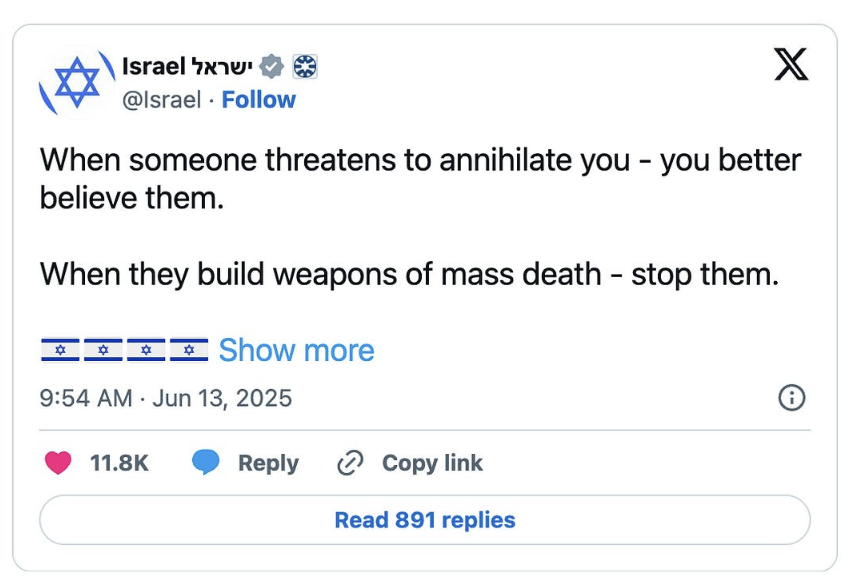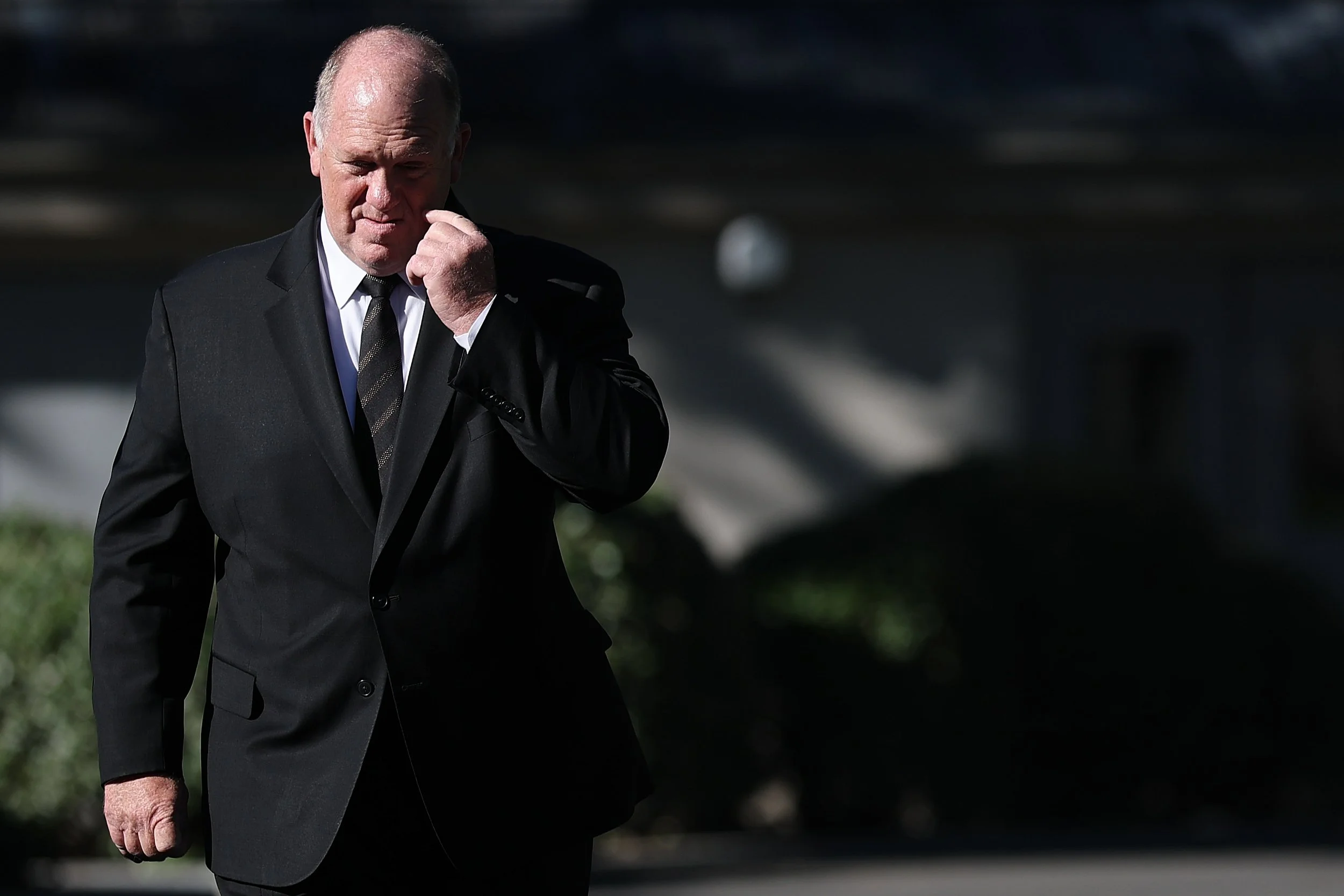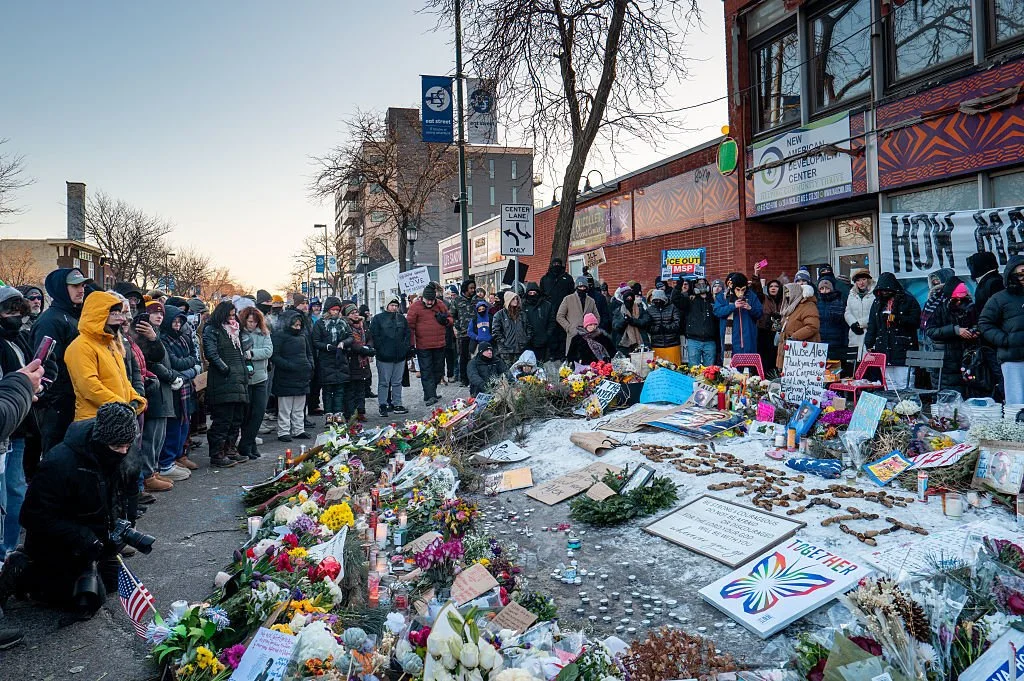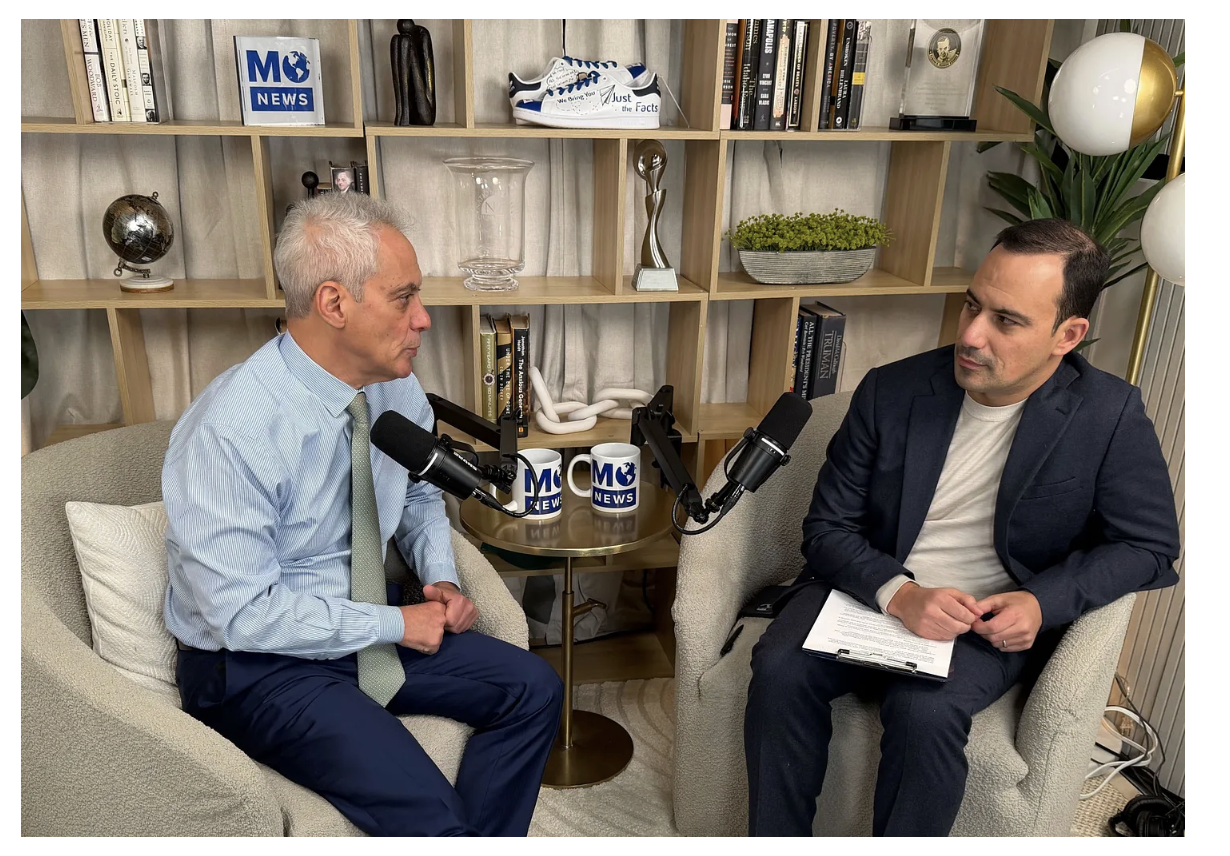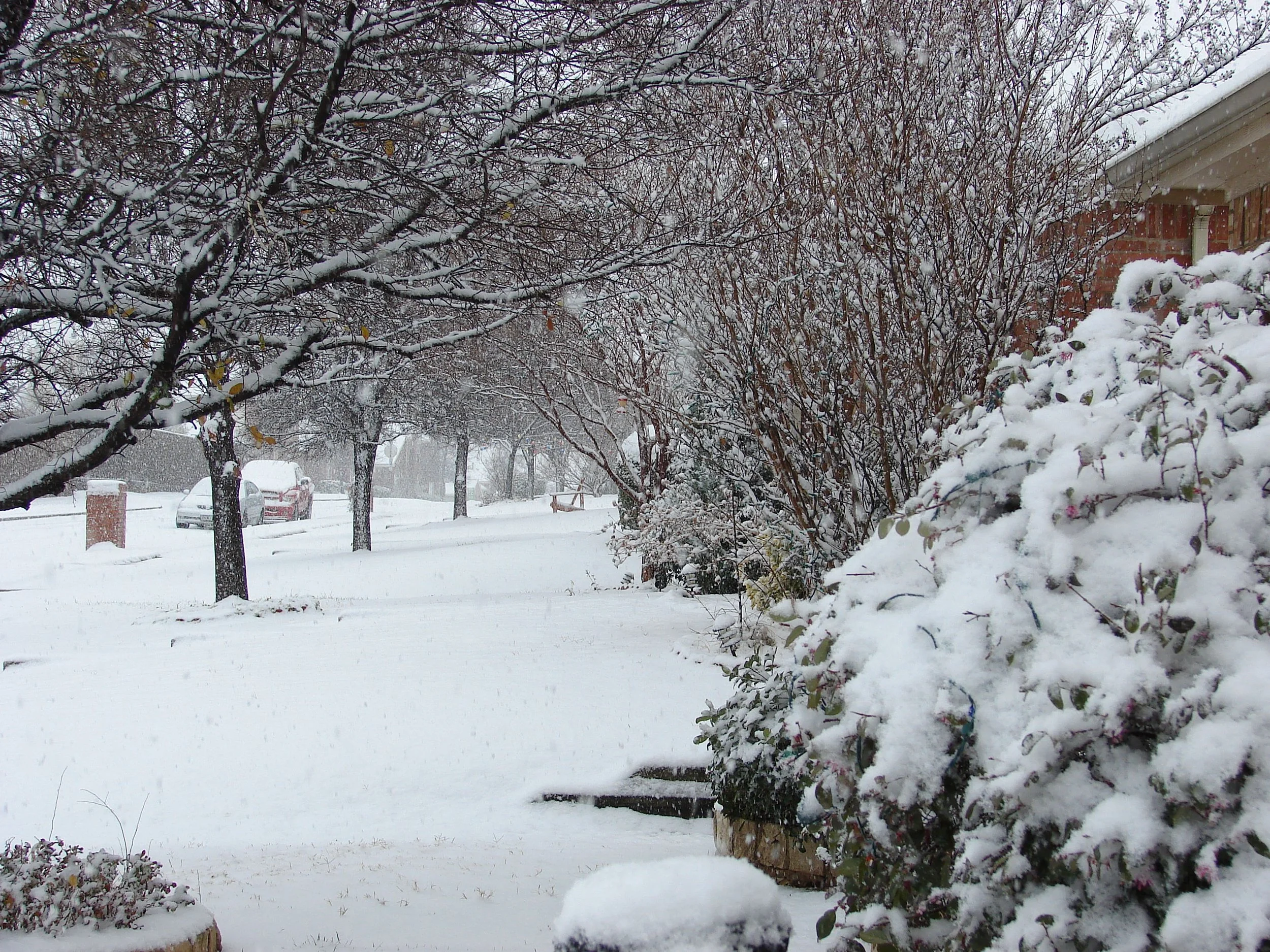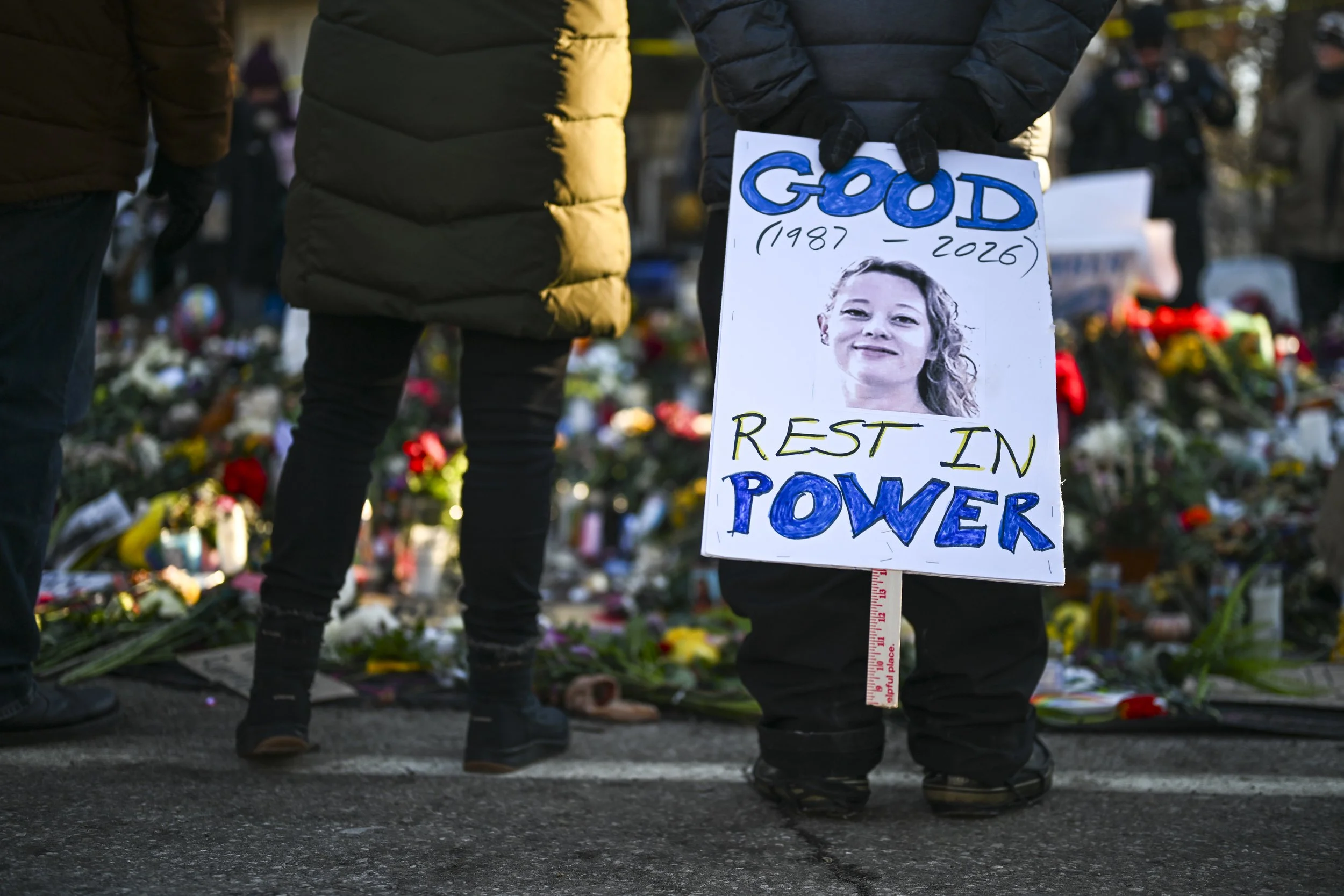Iran Hits Tel Aviv With Counterattack To Israel’s Unprecedented Overnight Attack
Israel launched what officials say will be a multi-day, targeted military operation in Iran early Friday morning local time, killing at least six of Iran’s top generals and several senior nuclear scientists. Israel says it’s been planning the attack for years. The strikes also hit one of Iran’s main nuclear enrichment facilities in Natanz, along with long-range missile facilities and air defense systems.
Supreme Leader Ali Khamenei vowed a full response, saying Iran’s forces would leave Israel “helpless” and that the nation would not let its martyrs go "unavenged." By Friday evening local time, Iran had launched a multi-wave counterattack, sending more than one hundred ballistic missiles to Israel — with more on the way. Video shows some of those missiles striking central Tel Aviv despite Israeli defense systems.
Israeli emergency services said nearly two dozen people have been wounded, but the full scope of the attack is still unknown. Israel Defense Minister Israel Katz said Iran had "crossed red lines when it dared to fire missiles at civilian population centers in Israel."
In an address late Friday, Israeli Prime Minister Benjamin Netanyahu spoke directly to Iranian citizens, saying, "The regime does not know what hit them, or what will hit them. It has never been weaker... This is your opportunity to stand up and let your voices be heard.”
The U.S. is assisting Israel in intercepting incoming ballistic missiles from Iran, according to an Israeli official and a senior U.S. official.
U.S. ROLE
After Israel’s initial attack, the U.S. quickly said that the American military was not involved in the operation. But President Trump told reporters Friday he was fully informed. He told CNN: "We of course support Israel, obviously, and supported it like nobody has ever supported it.”
The unprecedented strikes came days before the sixth round of U.S.-Iran nuclear talks scheduled for Sunday in Oman, but Iran has pulled out of the talks in the wake of the attacks.
Trump continued to say Friday that “it’s not too late” to work out a deal and that Israel’s attack could improve chances of reaching one. He also suggested many of Iran’s top negotiators, the “hardliners,” were killed in the previous night’s operation.
INSIDE THE ISRAELI OPERATION
Israel said Mossad, its national intelligence agency, spent years preparing for Friday’s attack, which involved smuggling missiles and building a drone base deep inside Iran to prepare for the operation dubbed “Rising Lion.”
Agents reportedly began infiltrating the heart of Iran several months ago, leading to a multi-pronged operation that included strike systems hidden in vehicles that destroyed Iranian air defense systems, and explosive-laden drones pre-positioned deep inside Iran that destroyed its surface-to-surface missiles.
The covert operation weakened Iran’s air defenses and appeared to allow Israel to strike targets without opposition.
DECADES IN THE MAKING
Israeli Prime Minister Benjamin Netanyahu – who has served for more than 17 years, the longest ever in Israeli history – has long viewed Iran’s nuclear capabilities as an existential threat to Israel. “Netanyahu’s life mission became dismantling Iran’s nuclear ambitions,” Israeli journalist Amit Segal wrote for The Free Press.
The Timing: After the International Atomic Energy Agency denounced Iran for not complying with its nuclear obligations for the first time in 20 years on Thursday, Tehran — which analysts believe is months away from having the capacity to create ten atomic bombs — threatened to ramp up its nuclear activities. Netanyahu said, “We have no alternative but to act swiftly.”
Israel saw a window of opportunity: The Israeli military damaged the Iranian air defense system during its attacks on Iran last year. Israel also significantly weakened one of Iran’s biggest proxy groups, Hezbollah in Lebanon.
STATE OF PLAY
Russian President Vladimir Putin told Netanyahu over the phone Friday that he would be willing to mediate between Israel and Iran to deescalate the situation. Iranian leaders have reportedly said they’re not interested in restraint and vowed a response that will not be a “half-measure.” Israel has said its current operation will continue with strikes on Iran for at least several days, possibly weeks.
Iranian State media is reporting at least 78 people killed and hundreds wounded in Israel’s overnight strikes. The IAEA president reportedly believes Iran’s largest nuclear enrichment site is critically damaged.
On Wednesday, American diplomats and military families were pulled from their posts around the Middle East as tensions rose in the region.
Tehran recently threatened to launch missiles against U.S. bases in the region in the event their nuclear facilities are attacked. So far, that has not happened.


